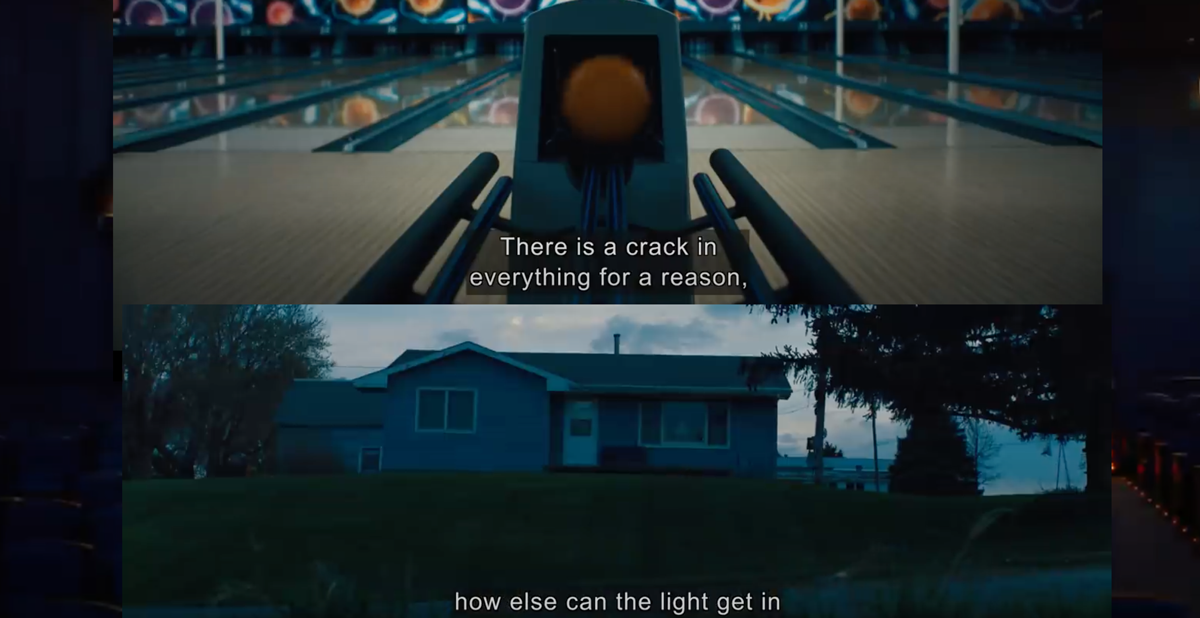West seen from the East

During the lockdown, the adv focus was on people as members of the whole society: the idea communicated by brands was that we all were living a collective experience, and that, when everything had to stop, they were working. The home was the centre of such a narration, a perfect theme for brands like Ikea or the Italian home furniture company Scavolini; empty streets, online meeting and doctors wearily smiling under the mask dominated the videos. There was no much originality, as all the bigger brands drew from such images and rhetoric. But what’s happening in the ads, now that life is slowly coming back to normality in many parts of the West, too?
While some brands publish “normal” ads, without referring to what we all experienced, others hint at the ending emergency. The car brand BMW has the famous Paralympic champion Alex Zanardi, as the ambassador of its Italian TV ad released in May, embodying the message narrated by the voiceover: not to give up in front of big changes. Bank of America focuses on the rhetoric of the new beginning, showing dawn in town, with stores opening, portcullises being lifted and lights being turned on: once again, the message is clear and clarified by the narrator’s voice: “Tomorrow starts today”. A more playful tone of voice – consistent with the field of its business – is used by the fitness appliances brand Decathlon in its Spanish ad, referring to the fact that the summer holidays will be spent in the home country: what you do on holiday is more important than where you go.
Each one of these TV ads uses a different way – more playful for some, more epic for others – to refer to the changes brought in by the epidemic, but none of them explicitly refer to that situation: now people want life to be normal as much as possible, and not to be constantly reminded about the tough period. Marketing must consider this mood.
